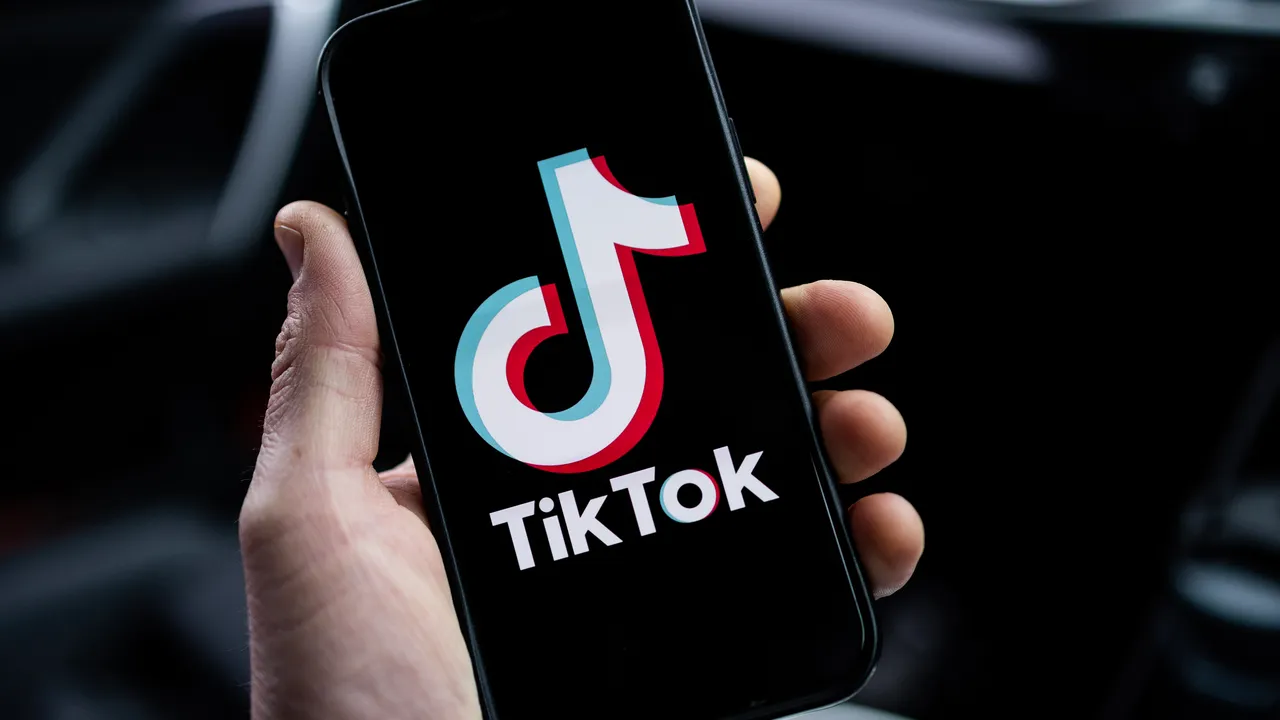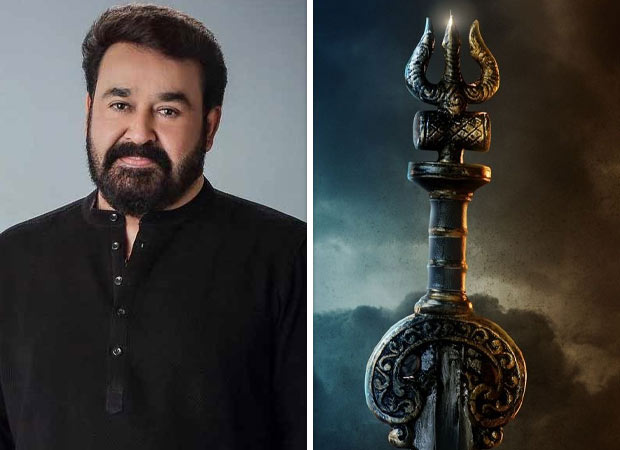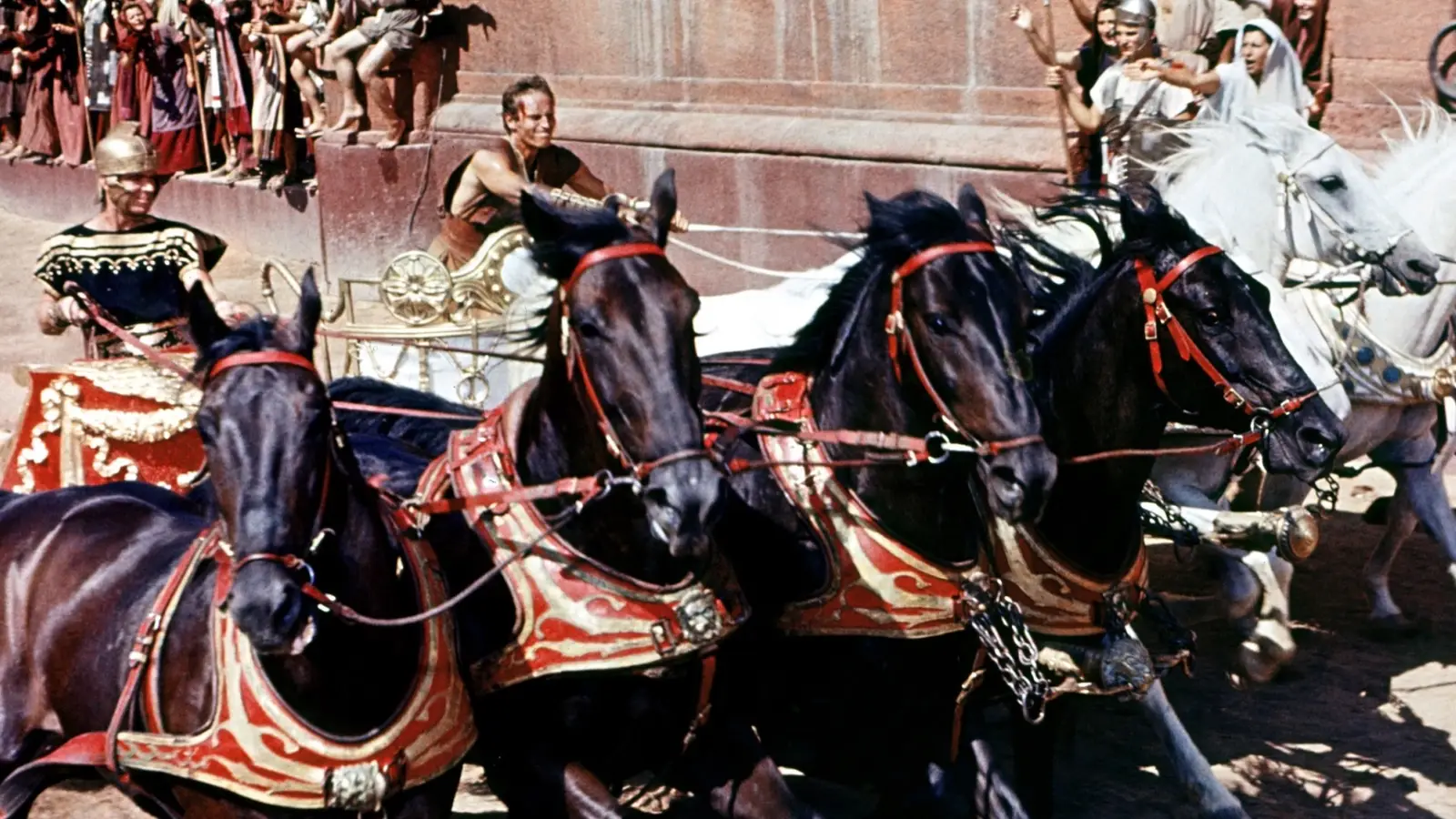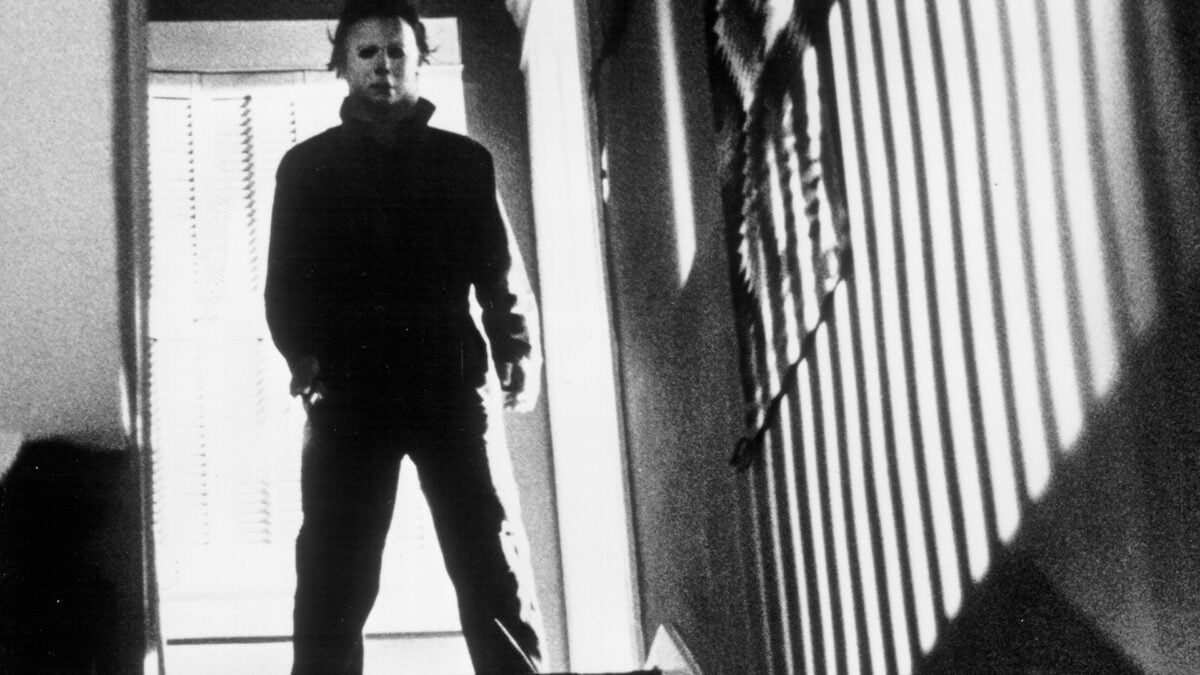
On Friday morning, Donald Trump, in a much-anticipated phone call with China’s President, Xi Jinping, was expected to discuss a range of issues, including their two countries’ ongoing trade war, the fate of Taiwan, and a settlement to what has become a months-long international drama over TikTok, the Chinese-owned social-media app that briefly went dark in the U.S. earlier this year. The platform’s critics point to serious concerns with it, including that its use has widespread negative effects on the mental well-being of children and teens, that its content promotes pro-Chinese points of view, and that the company could endanger national security, given the giant trove of data it collects on its American users. After the call, near the end of a typically discursive Truth Social post, Trump announced, almost as an aside, that the issue had been approved: “The call was a very good one, we will be speaking again by phone, appreciate the TikTok approval, and both look forward to meeting at APEC!”
Last spring, in the final months of his term, President Biden signed a law that would shut down TikTok in the U.S. if the app’s stateside operations were not sold to an American entity by the last day of his Presidency. It was the culmination of years of bipartisan concerns that TikTok, which is owned by the Chinese company ByteDance, and its proprietary algorithm presented a national-security threat. TikTok sued the government and, nine days before the law was set to go into effect, during oral arguments before the Supreme Court, Justice Brett Kavanaugh suggested that the Chinese government could use the information gathered by the app to “develop spies, to turn people, to blackmail people—people who, a generation from now, will be working in the F.B.I. or the C.I.A. or in the State Department.”
The court upheld the ban and, for a mere fourteen hours, TikTok went dark in the U.S. But one of President Trump’s first actions when he returned to the White House on January 20th—with TikTok’s C.E.O., Shou Chew, in attendance at his Inauguration—was to sign an executive order that paused the ban for seventy-five days. “Essentially, with TikTok I have the right to sell it or close it,” Trump said at the time. The Attorney General, Pam Bondi, sent letters to major tech companies, including Apple and Google, asserting that Trump had the power to override the terms of a law that had been passed by Congress and upheld by the Supreme Court. “The President previously determined that an abrupt shutdown of the TikTok platform would interfere with the execution of the President’s constitutional duties to take care of the national security and foreign affairs,” Bondi wrote.
The President would go on to extend the pause four more times, the latest extension coming on September 16th. “We have a deal on TikTok,” Trump told reporters that day. “We have a group of very big companies that want to buy it.” After Biden signed the law, a flurry of potential bidders had surfaced. In January, I wrote about the billionaire internet activist Frank McCourt and his “people’s bid” for TikTok, which he used to draw attention to his vision of a data-autonomous web; the investor Kevin O’Leary, a.k.a. Mr. Wonderful, from “Shark Tank,” had joined the effort. Steven Mnuchin, the Treasury Secretary during Trump’s first term, had signalled that he was interested in buying TikTok with a group of investors, and the Wall Street Journal reported that Bobby Kotick, the former C.E.O. of the video-gaming company Activision, was similarly intrigued. But when I spoke to Kotick last winter, he told me that Elon Musk—the owner of X, Tesla, and SpaceX—who was then a close ally of President Trump’s, would make an ideal buyer.
One company, however, has long been associated with a potential TikTok deal: Oracle. During the first Trump Administration—when Trump himself tried to ban TikTok—Oracle was part of a negotiated compromise that allowed TikTok to continue operating in the U.S. In a partnership known as Project Texas, Oracle’s servers were chosen to host the data of American TikTok users. Some were skeptical that the plan alleviated national-security concerns. In a December, 2024, D.C. Circuit Court ruling, Judge Douglas Ginsburg wrote, “Even when TikTok’s voluntary mitigation measures have been fully implemented, the ‘source code supporting the TikTok platform, including the recommendation engine, will continue to be developed and maintained by ByteDance subsidiary employees, including in the United States and in China.’ ”
After signing the executive order delaying the ban, Trump put Vice-President J. D. Vance in charge of finding a solution. The assumption was that TikTok would bring on additional American investors to dilute Chinese shares, thus satisfying the requirement of an American owner. In March, Oracle held talks with congressional leaders about the deal. One person privy to the discussions told Politico that the proposal would make the government dependent on Oracle’s security guarantees. “If the Oracle deal moves forward, you still have this [algorithm] controlled by the Chinese,” the person said. “That means all you are doing is saying ‘trust Oracle’ to disseminate the data and guarantee there is no ‘back door’ to the data.” Amazon entered the fray with a last-minute bid. But Trump’s stringent tariffs on Chinese goods killed the deal, and he decided to delay any decision—his initial order was set to expire in early April—while negotiations continued behind the scenes.
Over the summer, after delaying the ban for a third time, Trump told reporters that his team had come up with a plan that it would soon be presenting to China. “We pretty much have a deal; now we’re going to go and ask,” he said. “We think we probably have to get it approved by China. Not definitely, but probably.” That week, The Information reported that TikTok, in anticipation of a potential sale, was building a new app infrastructure for the U.S..
This month, the U.S. and China began trade talks in Madrid, and the Wall Street Journal reported that Beijing was eager to host Trump for a state visit, a sign that the Chinese government was increasingly inclined to strike a deal. On September 15th, Treasury Secretary Scott Bessent announced that the two sides had agreed to a “framework” for a deal that Xi and Trump would confirm in their call on Friday. At the time, he also seemed to downplay concerns that the app could be used as a tool of Chinese propaganda. “They’re interested in Chinese characteristics of the app, which they think are soft power,” Bessent told Reuters and Bloomberg. “We don’t care about Chinese characteristics. We care about national security.” The Chinese version of the app, he went on, was “more focused on education, whereas in the United States, TikTok is more entertainment oriented, or ‘digital sugar’ for users.” Bill Bishop, in his Substack newsletter, Sinocism, wrote, “Disturbing that Bessent is so badly informed that he believes this.”
The framework is understood to mean that a new company will be created, one where ByteDance will retain a stake of under twenty per cent. The remainder of the investor group will be U.S. companies, including Oracle, the private-equity firm Silver Lake, and the venture-capital firm Andreessen Horowitz. As for the algorithm, it appears that it would remain somewhat intact. An “Asia-based investor of Bytedance” told the Financial Times that the new U.S. version of TikTok would “use at least part of the Chinese algorithm but train it in the US on American user data.” “Beijing’s bottom line is a licensing deal,” the investor said. The outlet quoted a U.S. adviser saying that “after all this, China keeps the algorithm.” (China, for its part, was far more circumspect in its public statement following Trump’s call with Xi on Friday, saying only that its government “would be happy to see productive commercial negotiations in keeping with market rules lead to a solution that complies with China’s laws and regulations and takes into account the interests of both sides.”)
If such an agreement is reached, Trump will crow about his dealmaking skills, but, for China, keeping the algorithm will be a coup. After years of hand-wringing in the U.S., the supposed national-security concerns of TikTok will go largely unaddressed. Instead, the deal’s more immediate impact would be to bolster an emerging media conglomerate, under the auspices of the Ellison family, who areassiduously friendly to Trump. Oracle’s C.E.O., Larry Ellison, who briefly surpassed Musk as the richest person in the world this summer, is a longtime Trump supporter. His son, David, recently merged his production company with Paramount; after the F.C.C. approved the merger, Trump publicly claimed that David’s media company had agreed to give the President twenty million dollars in free advertising. Paramount has since appointed the former president and C.E.O. of the conservative Hudson Institute as the ombudsman of CBS News, and David is rumored to be closing in on a deal to name Bari Weiss, a founder of The Free Press, as either the channel’s editor-in-chief or co-president. He is also rumored to be preparing a bid for Warner Bros. Discovery, which owns HBO and CNN.
In a matter of weeks, the Ellisons could own a movie studio, multiple television streamers, two news networks, and have a significant stake in the world’s fastest-growing social-media platform, all while hosting the data of millions of users and providing much of the cloud-computing infrastructure that powers corporate America—a level of vertical integration that, even in an age of rapid consolidation, is unprecedented. Last year, when the TikTok ban passed in Congress, one of the few dissenting voices came from Senator Edward Markey, a Democrat from Massachusetts, who suggested that the national-security concerns over TikTok were overblown and that the entire tech industry, not just the parts owned by Chinese companies, should face stricter scrutiny. “TikTok poses a serious risk to the privacy and mental health of our young people,” Markey said. “But that problem isn’t unique to TikTok and certainly doesn’t justify a TikTok ban.” He added, “American companies are doing the same thing, too.” ♦



